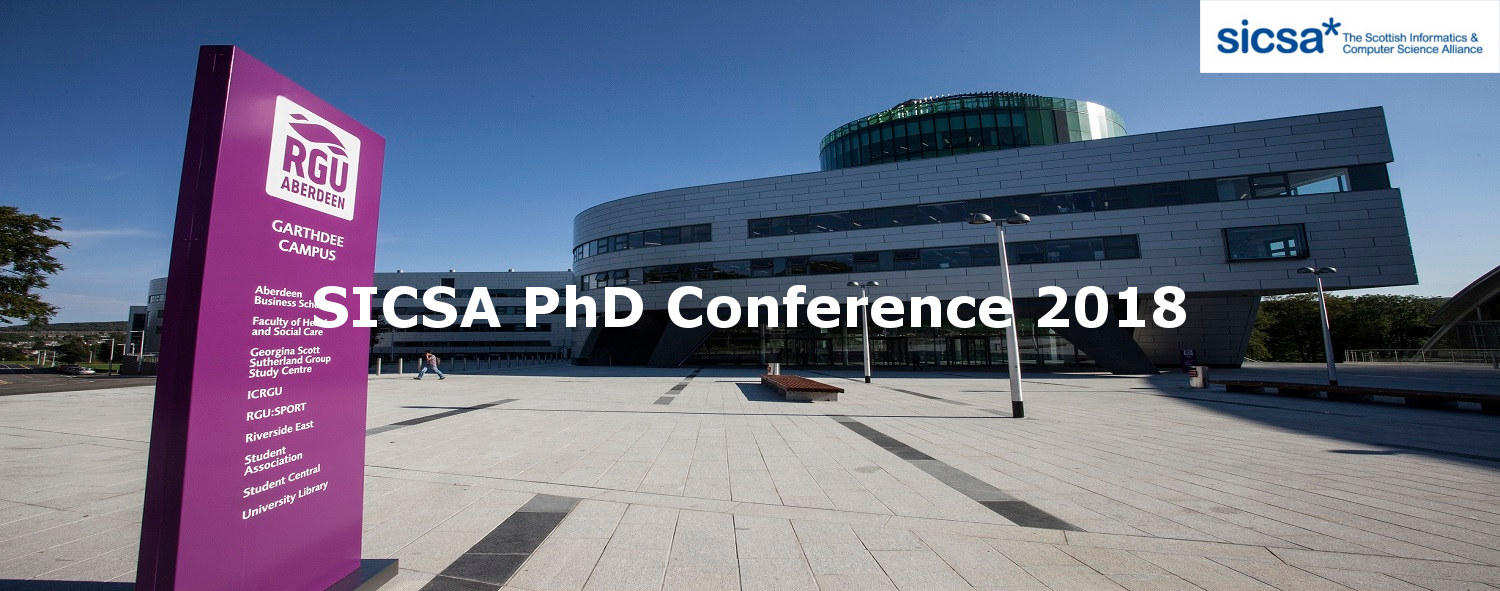5 Statistical Mistakes You are Likely to Make
Abstract
The dark art of lying with statistics is worth knowing not only among Fox News anchors, but also among PhD students who wish to avoid their findings being misconceived or sensationalised.
This workshop will give students an insight into how easy it is to misrepresent data.
Going beyond old classics like "correlation doesn't equal causation", the workshop will cover slightly more subtle confusions like relative vs. absolute risk, excessive precision, and effect size neglect.
The students will also participate in an exercise of re-writing abstracts in a sensationalised form. This will highlight just how easy it is to exaggerate findings, but also helps to give an idea on how to communicate research in a simple, yet appealing way to reach wider audiences.
Session Outline
- Part 1 (45 minutes): The speaker will present an entertaining introduction into common reporting mistakes and misconceptions.
- Part 2 (45 minutes): There will be an interactive session where participants will be given a journal abstract and asked to come up with one truthful title and one sensationalised title. If time is available, they can do the same for their own abstracts.
Learning Outcomes
- LO1: Participants will have an understanding of ways in which statistics are deliberately misrepresented.
- LO2: Participants will be aware of five widespread statistical misconceptions.
- LO3: Participants will know how to distort a study and consequently how to avoid distortions.
Additional Information
Please bring a max 300 word abstract of your research with you. This does not have to be about a paper that you are publishing. This is to give a general idea of what your research is about.
Questions are welcome.
Additional Resources
Online Statistics Education: An Interactive Multimedia Course of Study


